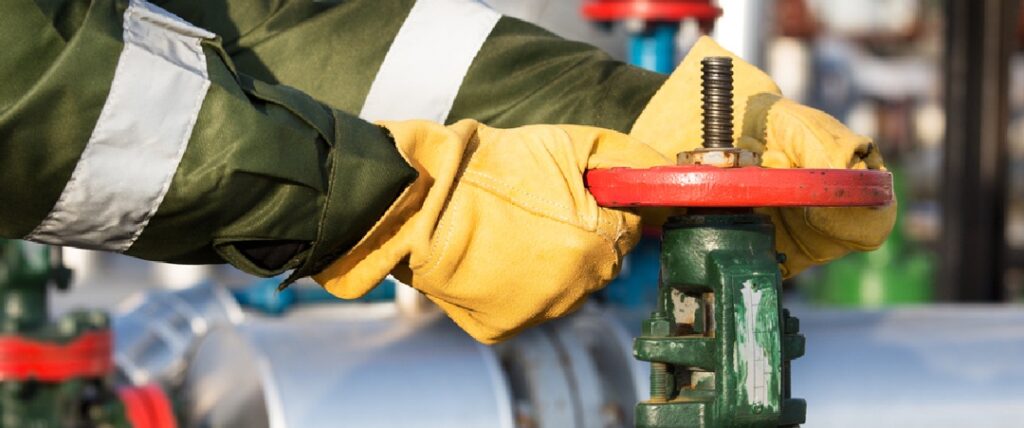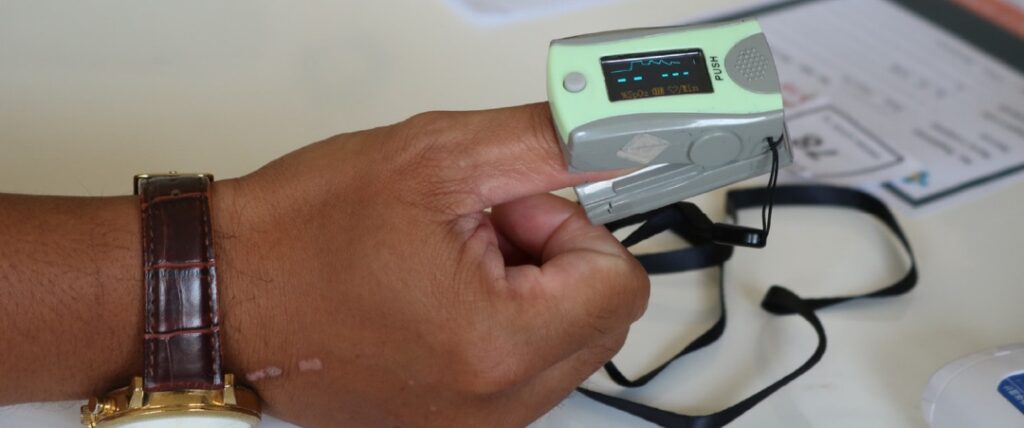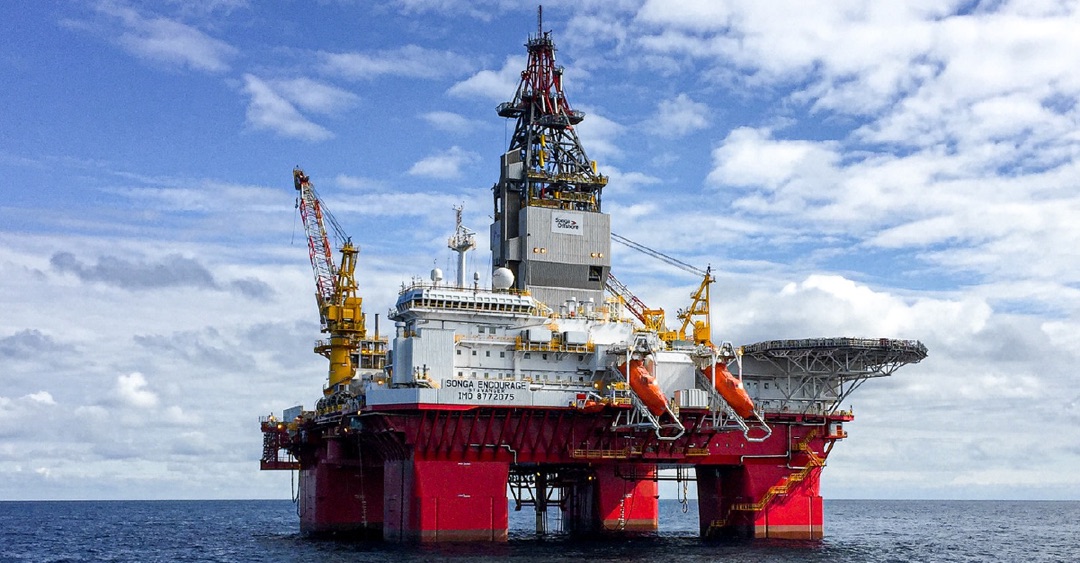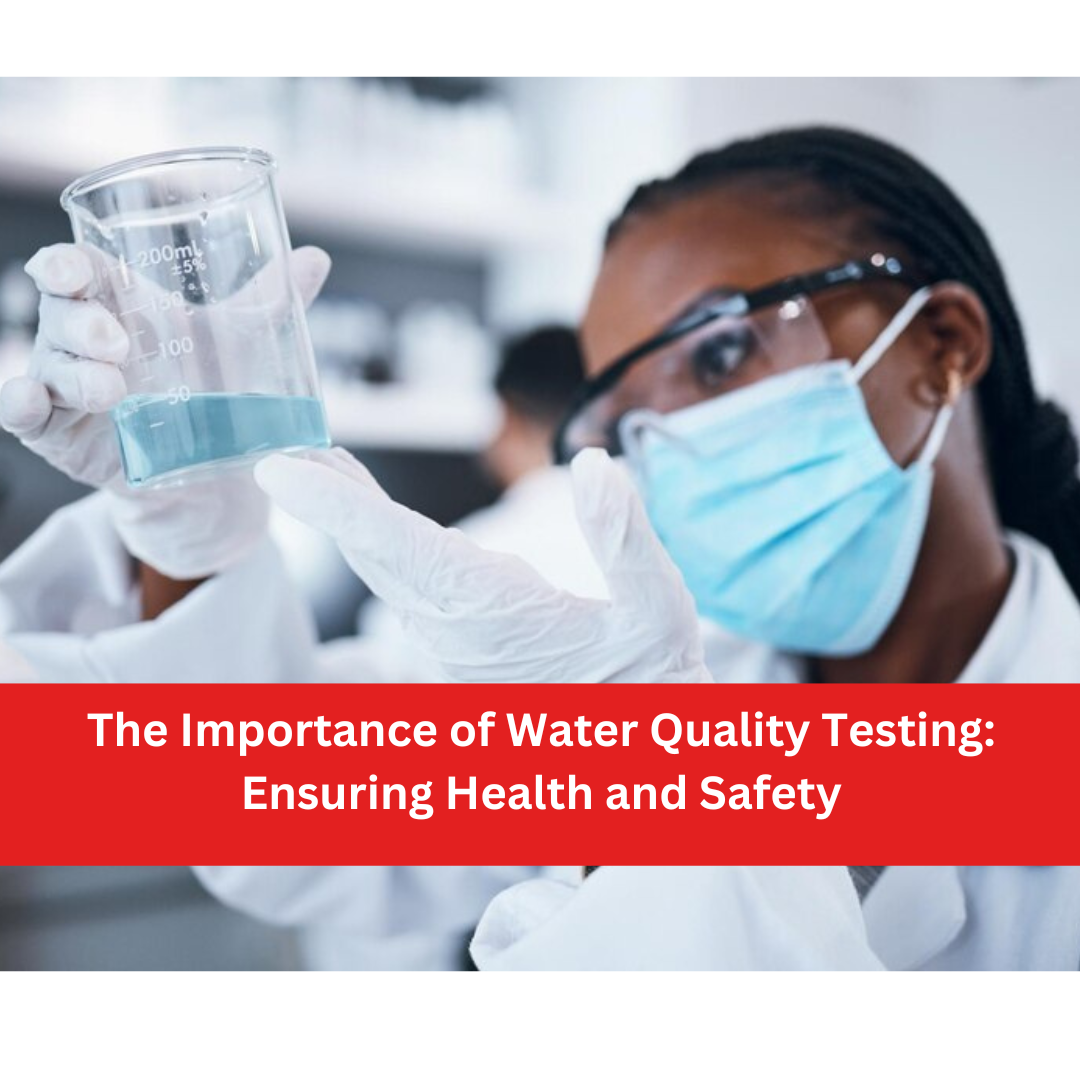Offshore medical assessment is necessary when working in the Oil and gas industry. And they aren’t always easy to understand or navigate.
So what makes offshore medical assessment necessary? What are the differences between offshore and onshore medicals? How can you get them right the first time? This guide will help you with everything you need to know about oil and gas medicals to work safely and efficiently in this ever-growing industry.
What do offshore and onshore in the oil and gas industry mean?
Offshore and onshore are terms used to describe the location of oil and gas operations. Offshore refers to any work on the ocean or sea, while onshore refers to any activity occurring on land.
A physician must certify a worker using a standard assessment process before the worker resumes in an oil and gas operation, whether onshore or offshore. The assessment determines whether a person is fit for duty in these environments, which can often be harsh and physically demanding.
What is an offshore and onshore medical?
An offshore or onshore medical is a range of tests and examinations carried out to ensure that you are fit to work. You cannot work offshore or onshore in the oil and gas industry unless you have passed the required medical.
The Offshore Medical Certificate relies upon the Oil and Gas UK (OGUK) Medical Guidelines. According to the Oil & Gas UK guidelines, all personnel working in the oil & gas industry should meet minimum fitness standards. An offshore medical is an independent assessment of a medical professional’s health condition.

What is the difference between offshore medical and onshore medical?
The difference between an offshore medical and an onshore medical is where the assessment takes place. Onshore medicals are conducted on land at clinics or offices, while physicians conduct offshore medicals on ships.
Five (5) reasons it is necessary to get offshore medicals?
Here are five reasons you should get offshore medicals:
- It’s a legal requirement- All offshore workers need to have a valid medical certificate, which requires renewal every two years. Without it, you won’t be able to work offshore.
- It ensures that you have the health and safety you need – Medical evaluations help you improve your overall fitness level. And make sure you can perform the tasks at hand in an offshore environment.
- They prevent accidents- a candidate is more likely to understand the risks they’re taking when they work offshore after being medically certified and learn ways to identify potentially harmful conditions or infections that could lead to injuries or accidents.
- It gives you peace of mind- it allows you to know that your candidates are healthy enough to work in this challenging environment.
- They ensure mental wellbeing, too!- Many people assume that an offshore medical is a physical examination. It also includes mental health assessments like depression screenings and post-traumatic stress disorder tests, conditions that can increase by working in high-stress environments like oil rigs.
Who can do the offshore medical in Nigeria?
You can do the offshore medical here in Nigeria if you meet the following requirements:
- Over 18 years old.
- No criminal conviction.
- No drugs or alcohol addiction.
- Have a clean bill of health with no mental illness.
Health Physicians will deny anyone who does not hold current offshore certificate access to that installation or vessel until they can provide proof of a valid one. It includes anyone who has completed their medicals but doesn’t have their actual certificate yet.

What happens during the offshore medical?
An offshore medical is a health assessment performed by a doctor or nurse on board your vessel. The examinations and tests are the same as those performed during an onshore medical. Except you will be required to perform additional tasks specific to your job role.
During the examination, they will ask you to take the following test:
- Consultation with a doctor
- Take a urine sample (Urinalysis)
- Undergo a blood test.
- You will take part in a lung function test (to ensure you can breathe well)
- A hearing test (Audiogram)
- Eyesight test
- Body mass index (BMI) is computed based on height and weight.
- You may need to complete a lifestyle questionnaire before any assessments can occur. It provides the doctor with information about your general health and any long-term health conditions that could impair your fitness at sea or make going offshore unsafe.
Where can I get an offshore medical?
The medical location can vary. Sometimes your employer will require you to attend a medical assessment appointment at a particular clinic or hospital. So you will have to travel to and from that medical center.
To complete an offshore medical, you may also need to find a registered medical center. You can find such clinics by searching online for “offshore medical” or checking in your area for occupational health clinics like Medbury Medicals. Once you have found a suitable center, call them up and arrange an appointment.
When you visit the medical center, you need to see an approved doctor qualified to perform these examinations. Your doctor will complete your offshore medical. But they may also recommend other tests or checks as necessary based on your health circumstances.
How long does the medical take?
We recommend you allow approximately 1 hour for your medical.
How long does the medical certificate last?
Once you’ve passed the offshore medicals, the GP will issue you a certificate. The validity period may vary according to your health result.
The certificate is good for two years. As long as you don’t have a medical condition that will require the use of medication or regular health care appointments during that time. A person with asthma, for example, should take medication and see their doctor regularly. Here, your certificate would only be valid for one year.
Do I need a medical checkup before getting my offshore medicals done?
Before your offshore medical, you will probably need to see a general practitioner if you have any concerns or issues that may affect your fitness. For example. previous injuries, or medication that may affect your ability to work. Contact us at Medbury, and we will help you with all the fit-to-work assessments you require.
What vaccinations do I need for my offshore medical?
Several vaccinations are necessary for your offshore medical, depending on the region you will work in. For example, we only consider the malaria risk to be moderate in the northern sea but is high in many other areas. The most common vaccinations are Covid-19 vaccination, Hepatitis A and B, Tetanus, Typhoid, Tuberculosis, and Yellow Fever.
If you have had any of these vaccinations (or boosters) in the past, you may not need to have them again. And we can check your vaccination history when carrying out your medical. If you’re not sure if doctors have vaccinated you against a particular disease. For instance, if it was a long time ago, it’s always safer to be immunized before traveling, as some illnesses can occur more than once.
Why book your offshore medical with Medbury?
You can benefit from the Medbury offshore package. Regardless of whether you are involved in exploration, extraction, refining, transportation, or marketing oil, gas, oil sands, or other hydrocarbons. This package will help you improve operating efficiencies while also ensuring the health of your staff.
Our team of Occupational Health, Industrial Hygiene, and Dive Medicine specialists and our state-of-the-art information technology systems enable us to provide holistic seamless medical solutions across the value chain of medical services required to operate in the oil and gas industry. Need our offshore services? Contact us today!







No Comments